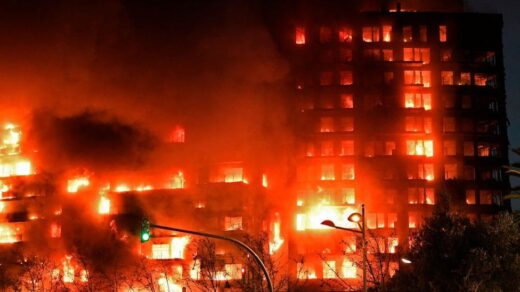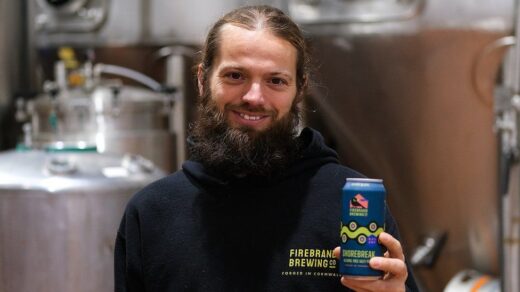Article by Elizaveta Fokht, Ilya Barabanov, and Olga Ivshina for BBC Russian
For over a year, Russia has been deploying prisoners to fight in Ukraine, initially promising them a pardon and freedom after six months of service, regardless of their crimes. However, the BBC has found that this arrangement has changed. Now, these prisoners are not pardoned, face harsher conditions, and must serve until the war’s end.
A man named Sergei, who claims to be part of a new army unit called “Storm V” composed of convicts, warns in a chatroom for former Russian prisoners fighting in Ukraine that those who join now should be prepared to die. He reveals that the previous six-month term has been replaced with service until the war’s conclusion.
The mass recruitment of Russian prisoners began in the summer of 2022, led by Yevgeny Prigozhin, former head of the Wagner private military group. Prisoners were promised a clean record and full pardon after six months of service. Prigozhin claimed that nearly 50,000 Russian prisoners had been sent to the front line under this arrangement before his death in a plane crash in August. Thousands of these prisoners died, while others returned home and committed violent crimes.
The Russian military took over the program in February 2023, initially offering the same incentives as Prigozhin. However, this caused resentment among regular soldiers and their families as prisoners could return home after six months. The new conditions for prisoners are stricter to address this imbalance.
The BBC has confirmed that Storm V troops are currently serving along the front line in Ukraine. A woman from Russia’s Transbaikal region revealed that her husband was recruited into a Storm V squad in autumn 2023. She said they chose this path believing it would lead to his quicker release.
However, his contract with the Russian Ministry of Defence was for a year, not six months, and it will be automatically extended. He won’t receive a pardon or be able to return home immediately. The only way for prisoners to secure a full release now is if they receive a state decoration, become incapacitated, reach the maximum age limit, or if the war ends.
Former prisoners now receive a conditional release at the end of their service, meaning any new crime they commit will also reflect their previous convictions. President Putin no longer personally signs pardons, reducing media coverage about him pardoning violent criminals.
Many Storm V troops receive minimal training before being sent to the front line. Over 8,000 prisoners have died serving in Ukraine, with at least 1,100 of them fighting in Storm V units. The actual number of deceased convicts is believed to be much higher.
For those who survive, many end up as prisoners of war. The BBC has seen videos allegedly showing these prisoners being interrogated by the Ukrainian military. One man revealed that Storm V fighters are often sent on futile assaults and face harsh punishments if they refuse.
In a chatroom, Sergei discusses the grim fate of Russian convicts like himself still fighting in Storm V units. “Luck isn’t going to be enough,” he writes, expressing his bleak outlook on his survival chances.







